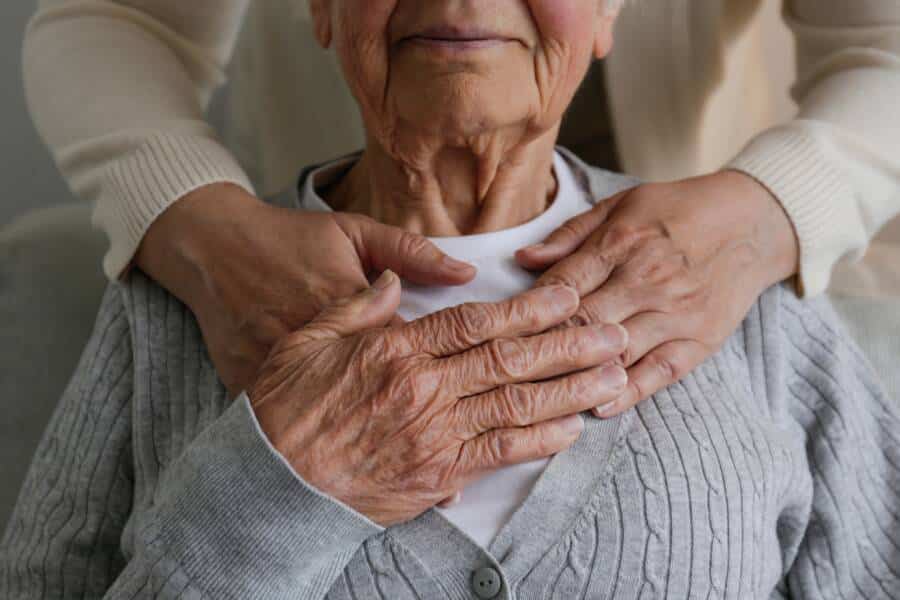
RSV vaccine
RSV season is here, but luckily, we have a series of effective vaccines for older people and new immunization methods for babies that could successfully reduce hospitalization. This spring, when we’re expecting to deal with the usual sneezing, wheezing, coughing, and even feverish symptoms, we might have some extra protection on hand.
This goes even more for those people who are at high risk of having one serious illness. Respiratory syncytial virus (RSV) might cause mild cold symptoms in a wide range of people, but it can also lead to hospitalization and possibly even death in older people and infants.
Now, we also have access to immunizations for older people, babies, and even pregnant women who want to protect their newborns. “When it comes to RSV, a lot is changing,” as Scott Roberts, MD, a Yale Medicine infectious disease specialist, explained.
“There have been numerous attempts to make a vaccine for many years, and they’ve failed for all kinds of reasons.” One turning point came with the investigation of an RSV protein known as “RSV fusion (F), which provided potent stimulation to the immune system. The research paved the way for clinical trials showing positive results.
It’s important to have newer and better vaccines for older people, and one of the reasons for that is because immunity wanes as we age, and they are unable to fight off infections, like RSV, but also as they did when they were much younger.
Children are even more vulnerable, and the main reason for that is that their lungs are smaller, which makes them prone to severe disease. The pandemic made RSV much worse for both groups, forcing them to face years of lost immunity when RSV wasn’t circulating as much because people were wearing masks and taking the needed precautions to protect themselves against COVID-19.
However, by November 2022, RSV was fully surging back in children, and hospitalization rates in the elderly population were skyrocketing 10 times higher than usual.
Moreover, in June 2023, the Centers for Disease Control and Prevention (CDC) finally confirmed the Food and Drug Administration’s (FDA) approval of two vaccines meant for elderly people, specifying that those who are 60 years and older could potentially “get” them based on “shared clinical decision-making.”.
This implies that they could receive only one dose after a serious background check performed by their healthcare provider about whether RSV vaccination is the right approach for them.
Last summer, the FDA approved other two options for infants and toddlers, and in August, the CDC finally signed off on a monoclonal antibody known as nirsevimab (Beyfortus) for infants up to 8 months old who were either born during or entering their first RSV season.
The antibody also applies to a small group who went through their second season, between 8 and 19 months, and are at a higher risk of suffering from a severe disease (immunocompromised children included).

What is RSV?
RSV is a rather common respiratory virus that causes mild, cold-like symptoms. It’s more of a seasonal illness that generally starts in the fall and peaks during the winter, but spring is also targeted.
As soon as a person is infected, the treatment is supportive care, like over-the-counter medication and hydration. Most people feel better in a week or two. However, when RSV makes its way down into the lungs, it causes lower respiratory tract disease, and in some patients (especially those who are 65 and older), life-threatening complications, like pneumonia, and worsen pre-existing conditions, like pneumonia, asthma, congestive heart failure, but also chronic obstructive pulmonary disease (COPD).
If you found this article insightful, we also recommend checking out: 8 Things to Eat and Drink Before and After You Had the Flu Shot













